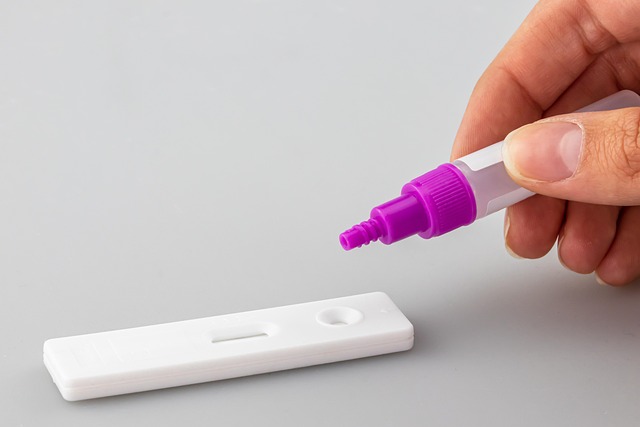In recent years, the concept of the pragmatic test of truth has emerged as a pivotal intersection between science and modern philosophy, resonating profoundly with those who seek practical applications of theoretical concepts. This test emphasizes that the value of a belief or theory lies in its usefulness and practical implications rather than its abstract truthfulness. For many, this approach provides a relatable and accessible framework to navigate the complexities of contemporary life.
Science, in its quest to understand the universe, often embraces hypotheses and theories that deliver measurable outcomes. This aligns seamlessly with the pragmatic test of truth, which posits that ideas should be evaluated based on their practical efficacy. For instance, the scientific method prioritizes experimentation, where theories are validated through observable results. Herein lies a beautiful synergy: as we apply scientific principles to understand our world, we simultaneously engage in a philosophical inquiry grounded in the pragmatist tradition.
Modern philosophy, often laden with metaphysical debates, can sometimes feel distant or abstract to the everyday individual. However, when we view philosophical questions through the lens of the pragmatic test of truth, profound complexities can shift into relatable discussions. Consider the philosophical implications of technology and artificial intelligence. As we engage with these advancements, the pragmatic test encourages us to evaluate their impact on society, ethics, and personal experience instead of merely debating their theoretical existence.
This contemplation invites an exhilarating dialogue about how our beliefs shape our actions and experiences. If one believes that technology enhances human life, that belief will manifest in their interaction with technology and its role in society. Conversely, skepticism toward technological advancements could foster caution and critical assessments, enabling a broader discourse about its consequences. This is the essence of the pragmatic test of truth—it allows us to ground philosophical inquiry in the tangible realities that we face daily.
The pragmatic test of truth, therefore, resonates not only as a philosophical principle but also as a practical guide in our scientific endeavors. In the face of rapid scientific progress, it challenges us to ask critical questions: What does this discovery mean for humanity? How do we apply our findings to improve lives? These inquiries help bridge the often-perceived gap between abstract philosophy and lived experience.
As we journey further into an era characterized by technological advancements and scientific breakthroughs, the need for a pragmatic approach to understanding truth becomes ever more apparent. Whether exploring the implications of genetic research, artificial intelligence, or climate science, the pragmatic test of truth invites us to assess the real-world impacts of our beliefs and the frameworks we construct around them.
This exploration of the pragmatic test of truth invites everyone—scientists, philosophers, and everyday individuals—to engage more deeply with the ideas that shape our understanding of reality. We are encouraged to be active participants in this dialogue, challenging ourselves to prioritize practicality, ethical considerations, and outcomes that resonate with our collective experiences. In doing so, we can bridge the divide between science and philosophy, establishing a holistic approach to knowledge that is both reflective and action-oriented.




